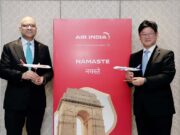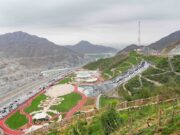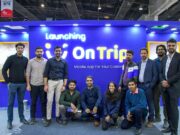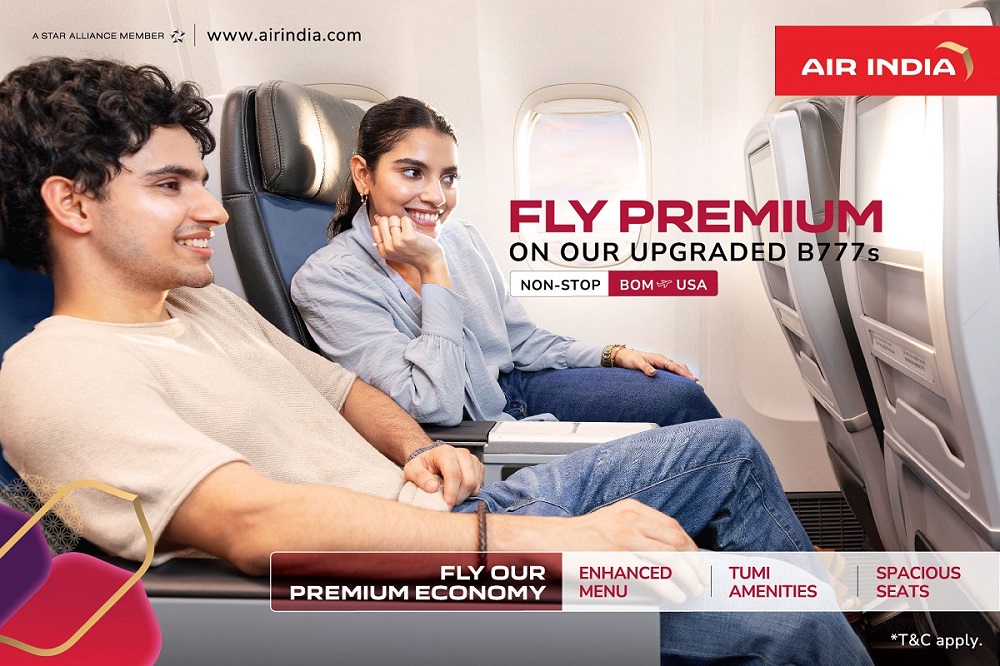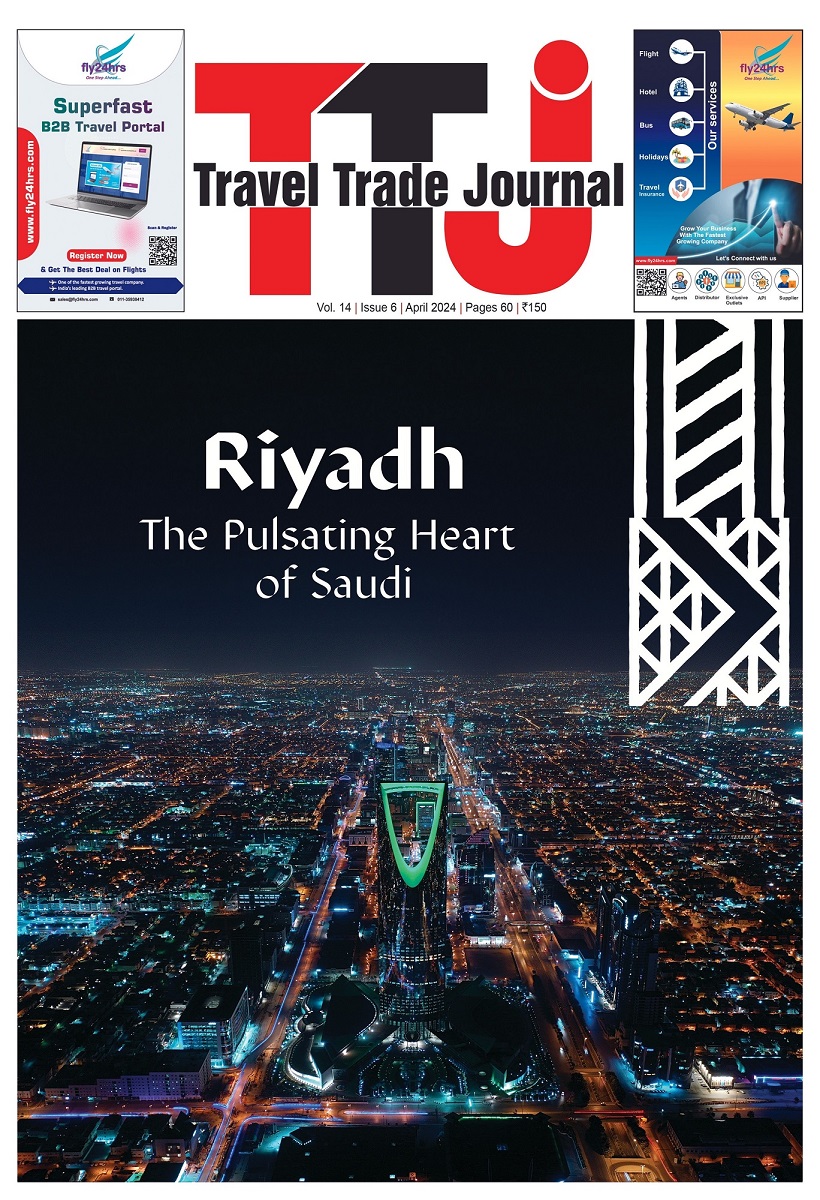For some time now, sustainability has become more than a mere buzzword in the travel and hospitality world. While initially, it was simply a “good to have”, it is gradually becoming a “must have” going forward. WelcomHeritage Hotels, a joint venture of ITC. and Jodhana Heritage Resorts, has always had a strong philosophy when it comes to socially responsible tourism.
– Neha Kirpal
In line with its responsible driveable holiday itineraries, the brand took a step in this direction and partnered with SunFuel Electric, a prominent EV charging player, to install charging stations across its hotels in India. The agreement signing ceremony took place in Delhi-NCR between Gul Panag, Co-Founder at SunFuel, and Abinash Manghani, CEO of WelcomHeritage.
A couple of years ago, when the brand’s new resort in Shimla opened, there were a number of people driving up in their electric vehicles from nearby cities, such as Chandigarh. According to Manghani, their primary anxiety would be where to charge their EVs. This led him to do market research, where he finally zeroed in on SunFuel. With Siemens as a technology partner, SunFuel Electric, which calls itself an experiential electric vehicle charging company, has design professors from IIT Delhi on board. Elegantly designed and extremely effective, the company’s slick chargers are the only ones in which the charging cable is located conveniently at the back.
The EV chargers are currently operational at the WelcomHeritage Parv Vilas Resort and Spa in Solan, Himachal Pradesh. By the year-end, the brand intends to cover the popular driving-holiday route that runs through Himachal Pradesh, from Panchkula via Kasauli and Solan to Shimla. In addition, EV charging stations will also be installed at WelcomHeritage Cheetahgarh Resort and Spa in Jawai, Rajasthan and WelcomHeritage Tadoba Vanya Villas Resort and Spa in Tadoba National Park, Maharashtra. Apart from that, the brand’s properties in Ooty, Coorg, Pench and Goa have also been signed on. “Adding to the feasibility and mindfulness of electric vehicles and Plug-in Hybrid Electric Vehicle (PHEV), our guests will be able to enjoy the beautiful drives up to these WelcomHeritage destinations without the anxiety and stress of access to EV charging stations,” said Manghani.
The path-breaking initiative comes in a further push towards a wider narrative of sustainable practices in the tourism and travel space. Panag, who leads the company’s platform of e-trails or electronic road trips, elaborated on the community of EV enthusiasts – the passionate early adopters of electronic vehicles – a group of like-minded individuals who are more aware, evolved and ahead of the curve as compared with their contemporaries. “A hotel is a home away from a home. In World 2.0, there will be electric cars in each home. Just like Wi-Fi and other amenities that we require in hotels, an electric charger will be an emerging requirement for the end user,” said Sudhir Nayak, Founder and CEO, SunFuel Electric.
Nayak explained that destination charging is an important pillar among the three pillars of EV charging – city charging, highway charging and destination charging. “If we have to catalyse the adoption of high-end electric vehicles in India, then luxury hotels and resorts need to be equipped with a seamless destination charging experience,” he said. A leader in the destination charging space, SunFuel Electric has previously partnered with 109 hotels of the Radisson group, 39 hotels of the IHG Hotels and Resorts group as well as some properties of the Marriott group and the Accor Hotels group. The company will soon also be announcing a collaboration with another group having 96 resorts.
Needless to say, sustainable practices like water harvesting have been incorporated into all the properties of WelcomHeritage. However, the brand believes in going a step further and involving the social fabric of a destination. Manghani reiterated that the idea of responsible tourism involves tapping into the local flora and fauna, employing local talent, creating menus that support the local population, giving the customer indigenous experiences, and building local economies. “A lot of our hotels have local farms where organic vegetables and fruits are grown, and we do farm-to-plate menus. As far as possible, local cuisine is imbibed into all our menus. Further, we offer local experiences to guests,” he added.




